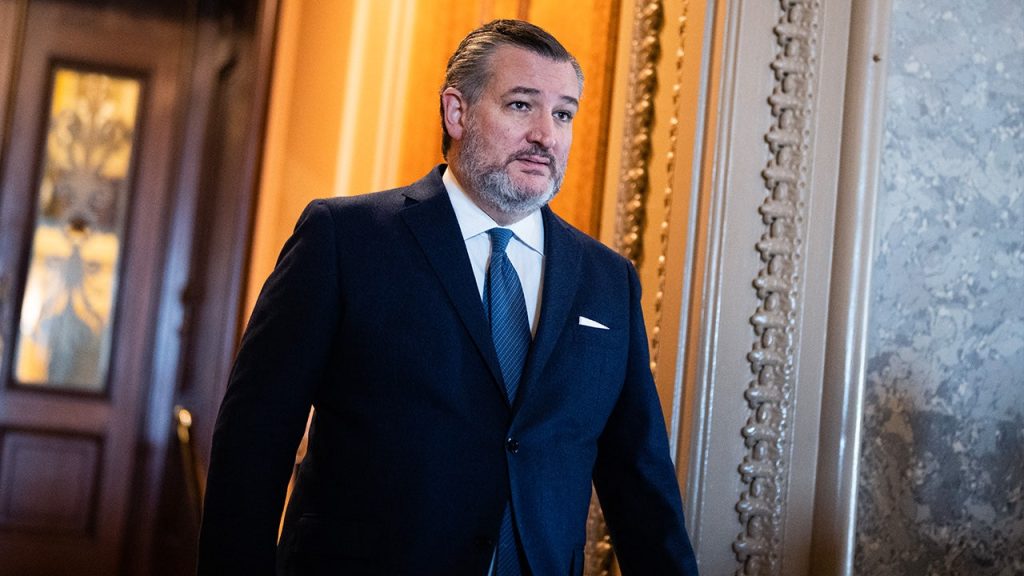Sen. Ted Cruz criticized the Senate Leadership Fund (SLF) for not providing support in his competitive Senate race against Rep. Colin Allred in Texas. Despite the challenge posed by Allred, Cruz is favored to win the contest. SLF has focused its resources on states with key Republican Senate pick-up opportunities, but Cruz noted that the Texas Senate race is the most expensive in the country, with $165 million raised between the two candidates. Although the race has attracted more campaign cash than Cruz’s last re-election bid against Beto O’Rourke, it has not seen as much outside involvement as other races this cycle.
While Ohio has reportedly seen the most spending in its Senate race, followed by Pennsylvania and Montana, Cruz accused Chuck Schumer and George Soros of spending over $100 million trying to beat him, while the Senate Leadership Fund has spent nothing in his race. Cruz attributed this lack of support to his willingness to stand up and fight against the establishment, as McConnell uses super PACs to reward senators who obey him and punish those who oppose him. The contentious relationship between Cruz and McConnell is further explored in a recent book titled “The Price of Power,” which details how McConnell allows some degree of opposition from conference members if it benefits them electorally. Despite the lack of support from SLF, Cruz remains confident in his ability to win re-election.
The lack of support from SLF in Cruz’s Senate race highlights a broader trend where attention and resources are focused on more competitive battleground states and races with vulnerable Democrats. Cruz, along with Sens. Rick Scott and Deb Fischer, is in a similarly competitive battle but has not garnered as much attention because of the focus on other races. This imbalance in resources and support reflects the priorities of conservative efforts in this election cycle, with most attention being directed towards races with higher stakes and potential outcomes.
The discrepancy in outside involvement in Senate races is exemplified by the contrast between the significant spending in Ohio, Pennsylvania, and Montana, and the relatively less attention paid to Cruz’s race in Texas. Despite the high level of fundraising and campaign cash in the Texas Senate race, it has not seen the same level of outside influence as other races. While this lack of external support may pose a challenge for Cruz, he remains confident in his ability to run a successful campaign and be reelected, citing his fundraising prowess and record of standing up against the establishment.
The dynamics of the campaign trail and the allocation of resources in different Senate races reflect the broader political landscape and priorities within the Republican Party. Cruz’s criticism of SLF and McConnell’s leadership underscores the tensions within the party and the influence of super PACs in shaping electoral outcomes. As the election approaches, the focus on key battleground states and races with vulnerable Democrats highlights the strategic decisions being made by conservative groups and candidates in prioritizing resources and support.
Despite the challenges posed by the lack of support from SLF and the focus on more competitive races, Cruz remains determined to win re-election and continue fighting against the establishment. The complex dynamics of Senate races, fundraising, and outside involvement underscore the intricate web of political influences shaping the outcomes of key races in the upcoming election cycle. As Cruz and other candidates navigate the complexities of political campaigns, their ability to adapt and strategize in response to changing dynamics will ultimately determine the results on election day.


